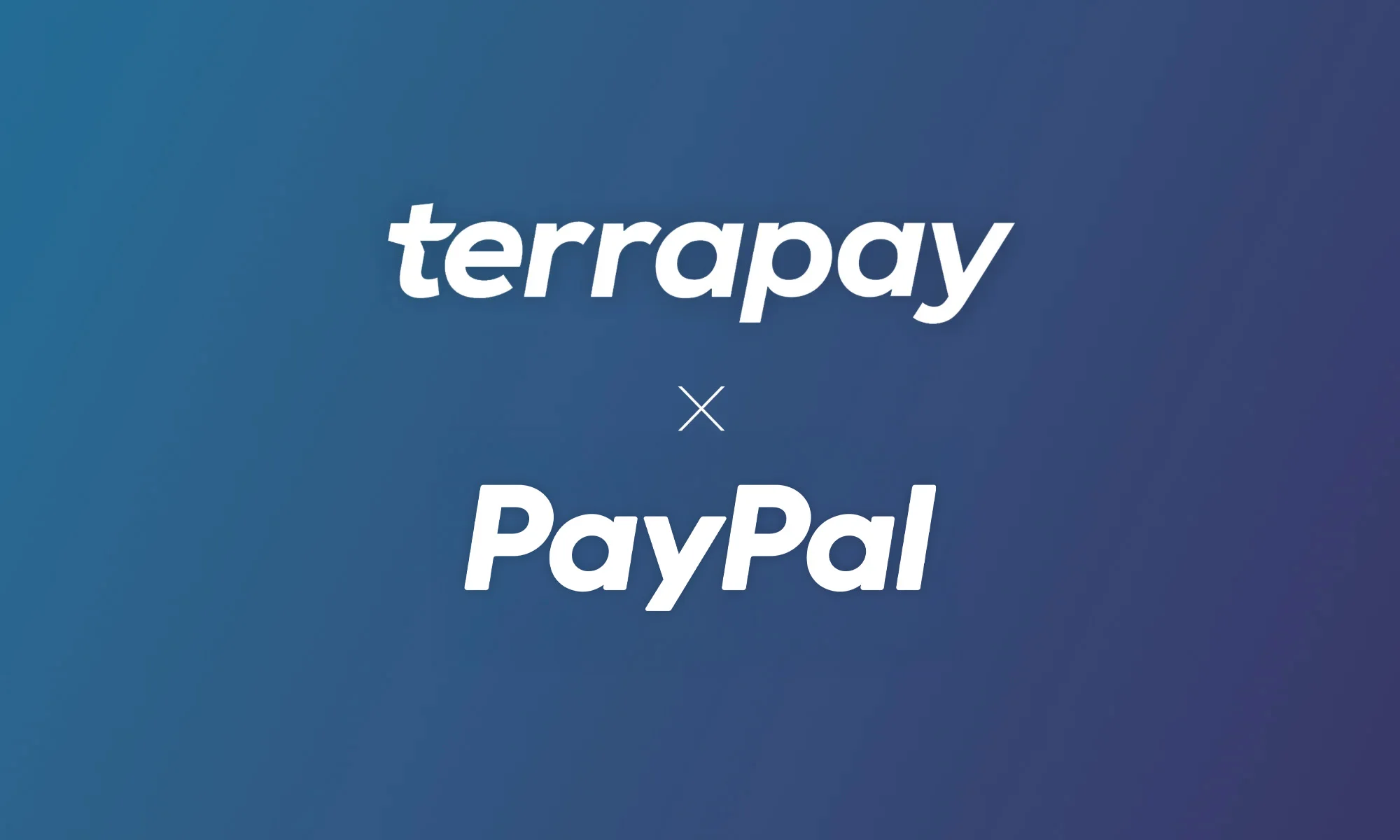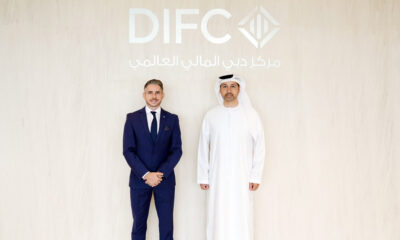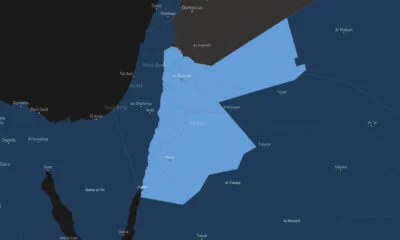News
Kuwait Bans Cryptocurrencies, Putting An End To Virtual Assets
The Gulf state has also prohibited cryptocurrency mining.

Kuwait has enacted a complete ban on virtual asset transactions, making it illegal to digitally trade, transfer, or invest cryptocurrencies in the country. The Capital Markets Authority (CMA) also noted that the ban would extend to mining cryptocurrencies.
Non-fungible tokens (NFTs) are included in the ban, but the legislation does not extend to digital representations of physical currencies, securities, or other financial assets.
The new law aligns with Kuwait’s 2013 legislation concerning money laundering and terrorist financing. People breaching the regulations could face severe penalties, including fines and even imprisonment.
MENA countries, including Algeria, Egypt, Morocco, Tunisia, Saudi Arabia, Qatar, Jordan, Turkey, Iran, and Iraq, have all imposed restrictions or bans on virtual assets over the last few years. However, in stark contrast, Bahrain and the United Arab Emirates have encouraged the use of digital assets, and cryptocurrencies in particular.
Also Read: Threads: Everything You Should Know About The Twitter Alternative
Binance received a Dubai operating license in March 2022, around the same time the Virtual Assets Regulatory Authority was established there. Meanwhile, Bahrain’s Central Bank released a paper on virtual assets in November 2020, outlining how they could best be regulated and used in the Gulf state.
News
PayPal & TerraPay Join Forces For Cross-Border MENA Payments
The collaboration will be especially helpful in regions where traditional banking infrastructure is limited or inconsistent.

PayPal has teamed up with TerraPay to improve cross-border payments across the Middle East and Africa. The move is designed to make it easier and faster for users to send and receive money internationally, especially in regions where traditional banking infrastructure can be limited or inconsistent.
The partnership connects PayPal’s digital payments ecosystem with TerraPay’s global money transfer network. The goal is to streamline real-time transfers between banks, mobile wallets, and financial institutions, significantly improving access for millions of users looking to move money securely and efficiently.
Through the partnership, users will be able to link their PayPal accounts to local banks and mobile wallets using TerraPay’s platform. This means faster transactions and fewer barriers for individuals and businesses across the region.
“The Middle East and Africa are at the forefront of the digital transformation, yet financial barriers still limit growth for many,” said Otto Williams, Senior Vice President, Regional Head and General Manager, Middle East and Africa at PayPal. “At PayPal, we’re committed to changing that […] Together, we’re helping unlock economic opportunity and build a more connected, inclusive financial future”.
For TerraPay, the deal is a chance to scale its reach while reinforcing its mission of frictionless digital transactions.
“Our mission at TerraPay is to create a world where digital transactions are effortless, secure, and accessible to all,” said Ani Sane, Co-Founder and Chief Business Officer at TerraPay. He added that the partnership is a major milestone for enhancing financial access in the Middle East and Africa, helping businesses grow and users move funds with fewer limitations.
Also Read: A Guide To Digital Payment Methods In The Middle East
The integration also aims to support financial inclusion in a region where access to global banking tools is still uneven. With interoperability at the core, TerraPay can bridge the gap between different financial systems — whether that’s a mobile wallet or a traditional bank — making it easier to send money, pay for services, or grow a business across borders.
As the demand for cross-border payment options continues to rise, both PayPal and TerraPay are doubling down on their commitment to provide reliable, secure, and forward-looking financial tools for the region.


























